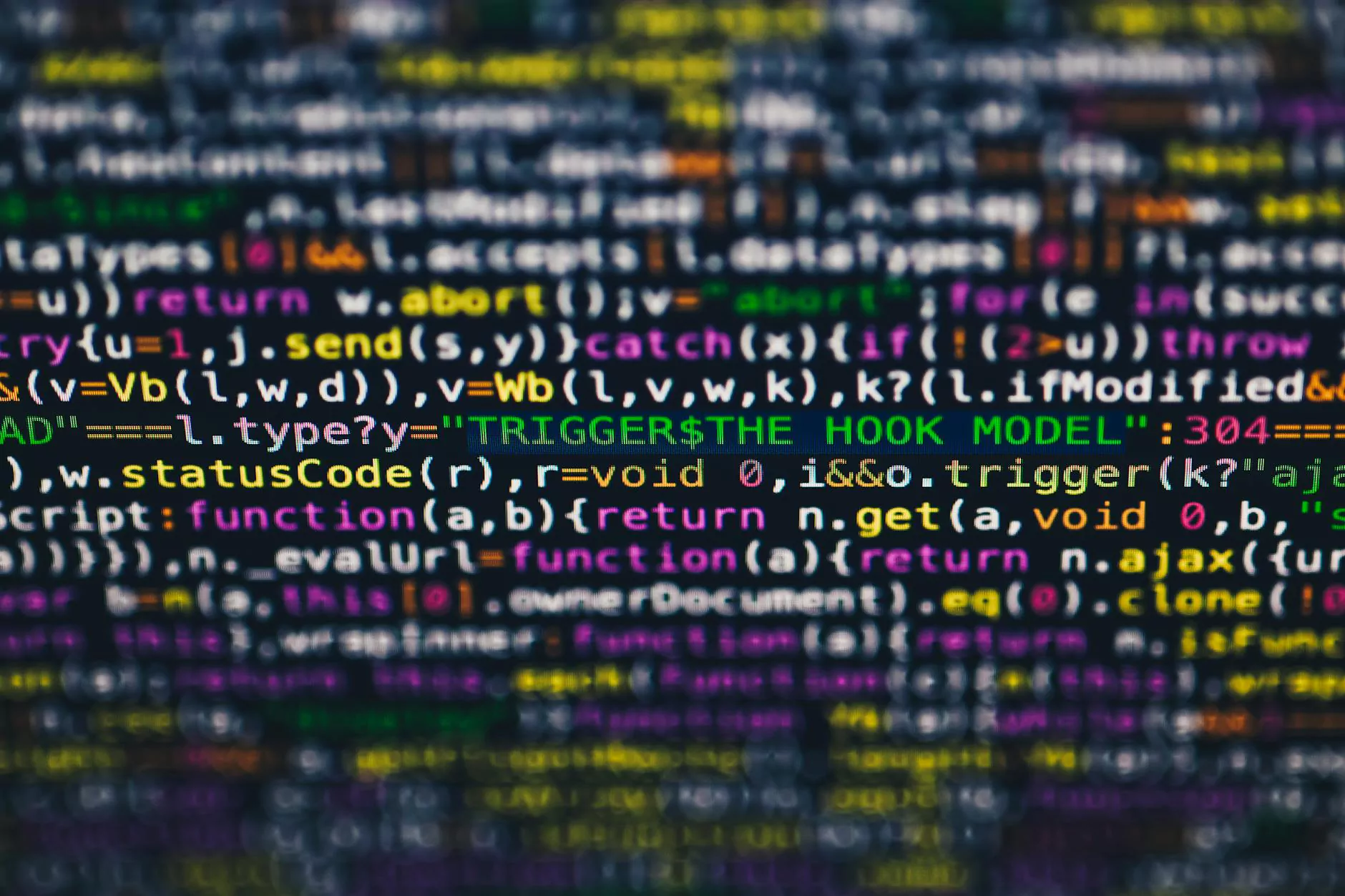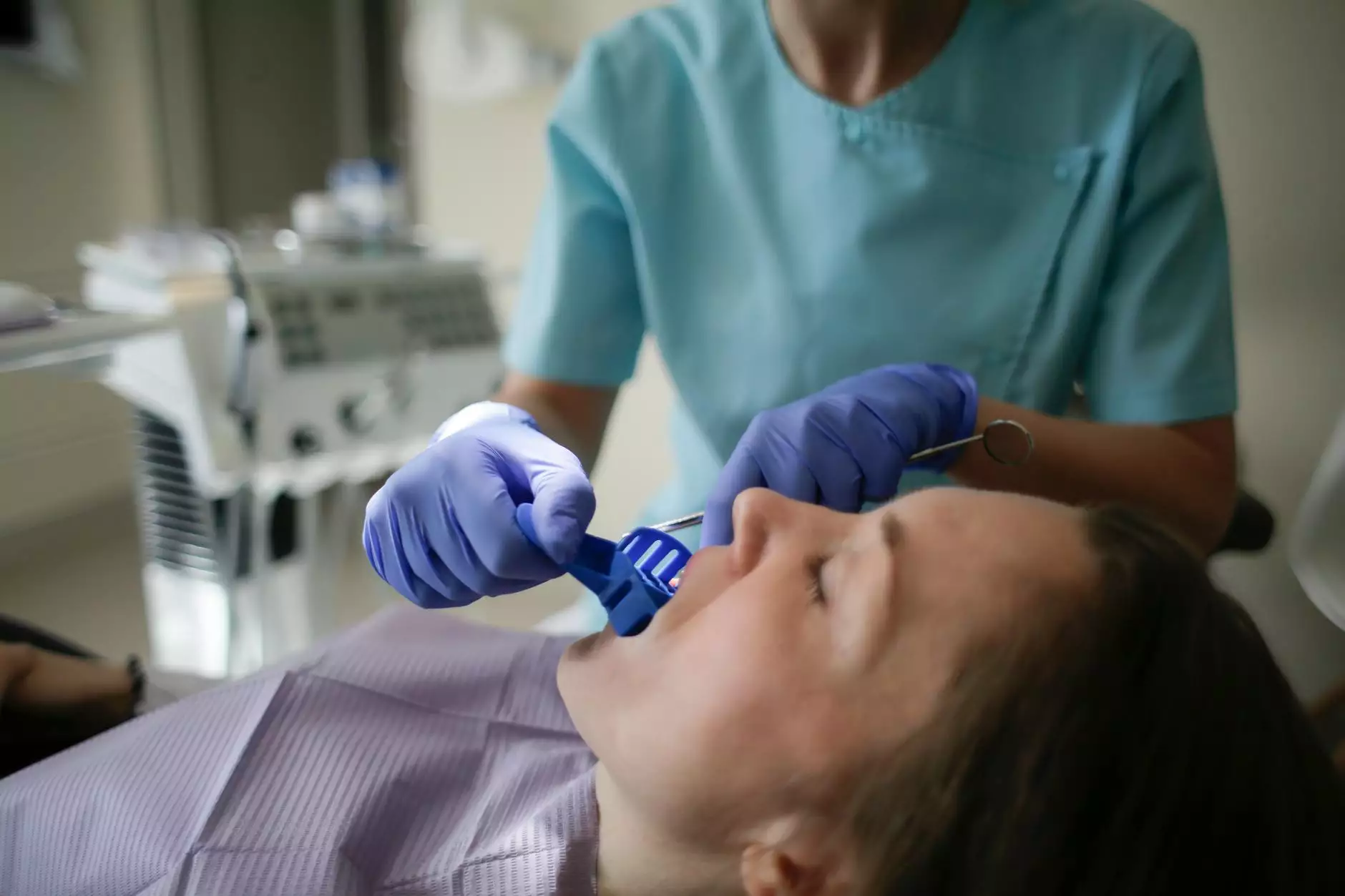Revolutionizing Healthcare: The Essential Role of Enzymatic Endoscope Cleaners

In the modern era of healthcare, the importance of meticulous cleaning and sterilization cannot be overstated. Among the various technologies available, enzymatic endoscope cleaners have emerged as a game-changer in ensuring patient safety and enhancing the efficiency of endoscopic procedures. This article delves into the intricacies of enzymatic endoscope cleaning, its significance in healthcare, and the future it holds for medical practices.
Understanding Endoscopy and Its Challenges
Endoscopy plays a critical role in modern diagnostics and treatment, allowing physicians to view and access the internal organs through minimally invasive techniques. However, the use of endoscopes poses significant challenges related to contamination and infection control.
The Importance of Proper Cleaning
Endoscopes, by virtue of their design, can harbor pathogens if not cleaned properly after each use. The Health Insurance Portability and Accountability Act (HIPAA) mandates that healthcare facilities adhere to strict sanitation protocols, ensuring that all instruments are free of contaminants.
The cleaning process typically involves several steps:
- Pre-cleaning: Immediate cleaning of the endoscope after use to prevent drying of contaminants.
- Manual cleaning: Scrubbing and rinsing using appropriate detergents.
- High-level disinfection: The final stage that ensures all microorganisms are eliminated.
What Are Enzymatic Cleaners?
Enzymatic cleaners are specialized cleaning agents that utilize enzymes to break down organic materials. They are particularly effective in dealing with blood, mucus, and other bodily fluids that can be difficult to remove through regular cleaning methods.
How Enzymatic Cleaners Work
The mechanism of action for enzymatic endoscope cleaners is as follows:
- Protein breakdown: Enzymes target proteins, breaking them down into smaller, more manageable particles.
- Fat and lipid emulsification: They help to dissolve fats, ensuring that residues do not adhere to surfaces.
- Reduction of biofilms: Enzymatic cleaning solutions are effective against biofilms, which are clusters of bacteria that can adhere to surfaces.
The Advantages of Using Enzymatic Endoscope Cleaners
When considering cleaning agents for endoscopes, the advantages of using enzymatic cleaners become evident. Here are some key benefits:
Enhanced Cleaning Efficacy
The enzymatic action not only cleans but also significantly reduces the risk of cross-contamination. Studies have shown that cleaning endoscopes with these specialized cleaners results in lower microbial loads compared to traditional cleaning agents.
Time Efficiency
With quick action and effective results, enzymatic endoscope cleaners reduce the time spent on cleaning, allowing for a quicker turnaround between procedures. This efficiency is crucial in high-demand environments such as hospitals and outpatient surgery centers.
Lower Risk of Damage
Unlike harsher chemical cleaners, enzymatic cleaners are gentle on the delicate surfaces of endoscopes, minimizing the risk of wear and tear. This longevity translates to cost savings for healthcare facilities that can avoid frequent replacements of costly instruments.
Implementing Enzymatic Cleaning Protocols
Incorporating enzymatic endoscope cleaners into a facility's cleaning protocols requires careful planning and training. Here are some steps organizations can take to ensure successful implementation:
Staff Training
It is imperative that all staff members involved in the cleaning process are well-trained in the use of enzymatic cleaners. Proper handling, dilution ratios, and application techniques should be covered thoroughly in training sessions.
Establishing Standardized Protocols
Facilities should develop standardized operating procedures (SOPs) that include protocols for:
- Pre-cleaning and immediate action after procedures
- The correct methods for using enzymatic cleaners
- Post-cleaning inspection and quality control measures
Regular Audits and Quality Control
To ensure compliance with cleaning standards, regular audits should be conducted. These can help identify areas for improvement, ensuring that the highest standards of hygiene are continuously met.
Future of Enzymatic Cleaning in Healthcare
The future of healthcare cleaning practices looks promising, primarily due to advancements in enzymatic technologies. Innovations are underway aimed at enhancing the efficacy and versatility of these cleaning solutions.
Research and Development
Ongoing research continues to explore the effectiveness of different enzymatic formulations against various pathogens. Customizing cleaners specific to the needs of each medical environment is paving the way for even higher cleaning standards.
Integration with Technology
As the healthcare industry embraces technology, the integration of cleaning solutions with automated systems will likely become more prevalent. This could streamline processes further, ensuring consistency and efficacy across the board.
Conclusion: Embracing Change in Healthcare Cleaning Practices
In summary, enzymatic endoscope cleaners represent a significant advancement in the fight against healthcare-associated infections. They not only enhance cleaning efficacy but also improve operational efficiency and safety standards in medical practices. As more healthcare facilities recognize the importance of germ-free environments, the adoption of enzymatic cleaning solutions will undoubtedly continue to grow.
Error margins in healthcare can have serious consequences, making the right choice in cleaning protocols paramount. The shift towards using enzymatic cleaners is a proactive step toward achieving higher hygiene and safety standards, ultimately benefiting both patients and healthcare providers.
For further information on enzymatic endoscope cleaners and to explore a range of medical supplies, visit medalkan.com, where innovation meets health and safety.









